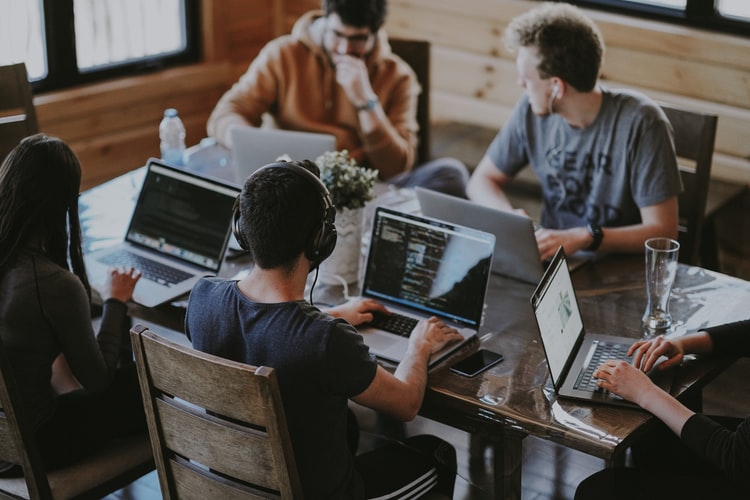It is common to have anxieties about returning to an office location following a period of extended homeworking, whether that is a hybrid approach or a full time return to a physical location. Lockdown will have affected us all in very different ways. It is very common to have worries about ongoing safety and protection from a deadly virus. It is also appropriate to want reassurance from your employers that any workplace is safe and secure. However, there might also be more subtle worries about returning to an office location and the prospect of mixing with colleagues in a physical space. An avoidance strategy about being with others may have developed whilst working at home and the thought of breaking out of that comfort zone might be fear inducing. There might also be anxiety of returning to busy trains or buses again, or to busier roads if cycling/driving.
An avoidance strategy could be defined as a maladaptive coping mechanism defined by your conscious and unconscious efforts to avoid having to deal with a stressor. The stressor could be anything from social anxiety, or fear of not fitting in with a team at work. Working alone, at home, could have amounted to an avoidance strategy to protect against such fears. The danger is that the lone working style could have compounded the very anxiety you are seeking to relieve.
Avoidant behaviours compound anxiety since they are deemed to be maladaptive. They tend to perpetuate the negative effects of the stressor. Avoidant behaviours might have the effect of reducing symptoms of stress in the short term but anxiety can compound in the longer term. This old saying can ring true: “Whatever we resist tends to persist”.
In avoiding the effects of stress we potentially reduce our ability to cope with stress and to emotionally regulate in a robust and healthy manner. Avoidance can be further compounded by addictions. You might have developed unhealthy coping behaviours whilst working at home and now feel vulnerable about reintegrating with teams in a physical location.
Therapy can offer the private and confidential space to explore what is behind your fear of returning to a physical office space. Perhaps there has been increasing rumination as a result of the lock-down. The mind is multiple and we all have aspects of ourselves (be they ‘parts’ ‘sub/super-personalities’ or ‘persona’s’), some of which are troublesome as they contain memories of past emotional wounding and reminders of vulnerability. An aspect of ourselves can get activated when we are triggered by fear. Our body tells us there is danger ahead, perhaps a knotted stomach, clammy hands or a racing heart, and our thinking becomes negative and increasingly anxious.
The therapeutic work can be about dialoguing with these activated parts (the so-called monkeys on the shoulder), getting to know them, what they want for you and how wounded they have become from their past lived experience. The work might not be about seeking to get rid of such parts but to actually get to know them, so that you can restore your recuperative capacity by learning how to return to an untriggered state. Getting to know troublesome parts can bring about discomforting feelings but you can give yourself permission to do such work. The reward is that you learn how to return to your untriggered state, when you feel safe, connected, creative and flexible about being in the world. This can be achieved by integrating these troublesome aspects of your self and by boosting your positive self-care regime and social support structure, so that you can better manage stress and deal with negative thinking patterns.
Noel Bell is a UKCP accredited psychotherapist in London and can be contacted on 07852407140 or noel@noelbell.net

